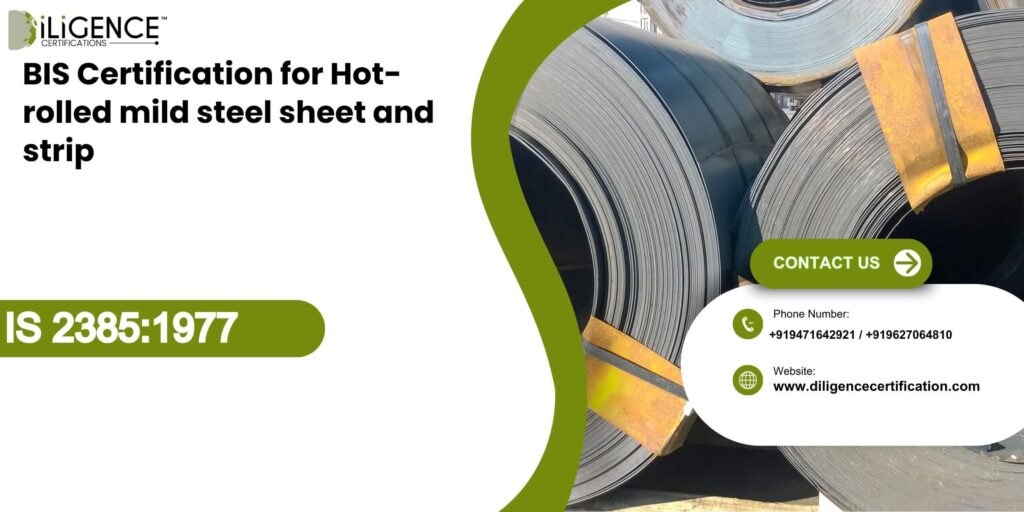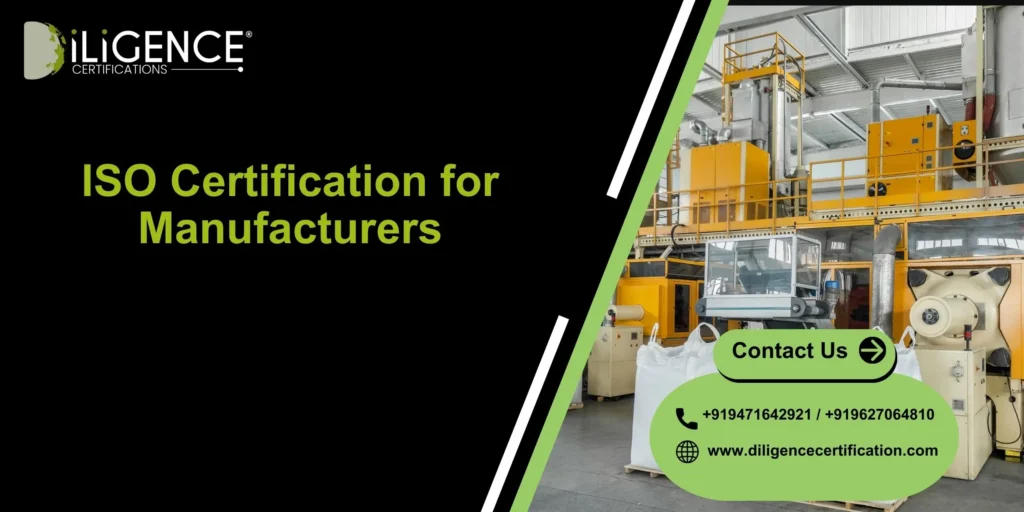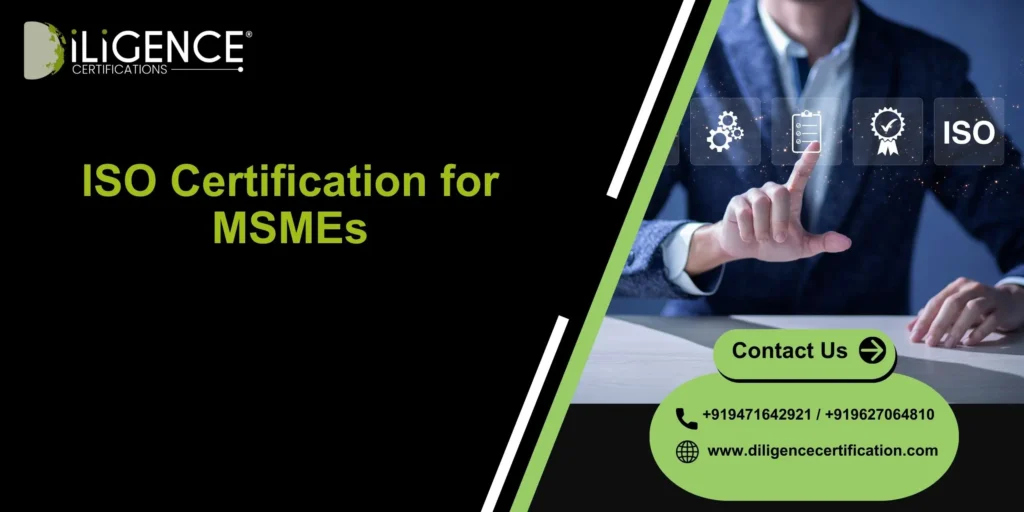- BIS Certification under IS 2385:1977 ensures hot-rolled mild steel sheets meet quality and safety requirements.
- The licence is mandatory for suppliers to automotive, fabrication and infrastructure sectors.
- IS 2385 specifies chemistry, mechanical properties, tolerances and surface quality standards.
- Certification involves testing, documentation, application filing and a BIS factory inspection.
- Common delays arise from tolerance deviations, surface defects, calibration issues and poor traceability.
Introduction
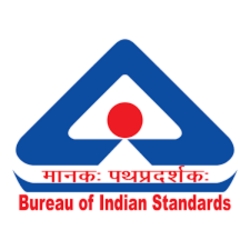
A rolling mill owner from Durgapur recently approached us after his hot-rolled mild steel sheets were rejected by an OEM purely because they didn’t carry BIS Certification under IS 2385:1977. His product quality was acceptable, but the buyer insisted on documented compliance and traceability. This shift is now common across engineering, fabrication and automotive supply chains in India. Clients want certified inputs that follow national standards, verified testing and batch-wise control. For many manufacturers, the real hurdle is understanding what BIS checks during audits and how to align their production line and records accordingly. This introduction frames why the certification has become a decisive factor for market access. Bureau of Indian Standards
What is IS 2385:1977?
The standard IS 2385:1977 specifies the quality, strength, and dimensional accuracy of a medium tensile hot-rolled mild steel sheet and strip. The standard helps to keep a check on the manufacturers for that they maintain the same mechanical properties in the metal so that the material is safe and can be used for engineering and fabrication works.

Key Points:
• Specifies chemical composition limits for mild steel
• Defines tensile strength, yield strength, and elongation requirements
• Covers thickness, width, and surface tolerance criteria
• Outlines sampling and batch-wise testing procedures. ISI MARK
• Forms the basis for BIS Certification of hot-rolled mild steel sheet and strip
Why is BIS Certification Mandatory
BIS Certification is necessary as the government has identified various steel products such as hot-rolled mild steel sheets and strips as products that need to comply with national safety and quality standards before being sold in the Indian market. The condition serves to safeguard the consumers, restrict the flow of low-quality steel to the market, and also guarantee that the properties are consistent across different manufacturers. Large industrial sectors have become dependent on certified materials as a means of preventing fabrication, welding, and load-bearing application failures.
Key reasons
• Ensures material safety, reliability and consistent performance
• Helps buyers trace batches back to an approved manufacturer
• Prevents low-grade or unsafe steel from entering critical projects
• Allows OEMs, infrastructure contractors and government bodies to follow compliance norms
• Strengthens India’s quality control framework across the steel supply chain
Importance and Benefits of BIS Certification
| Importance | Benefits |
| Ensures the steel meets national safety and quality standards | Builds buyer confidence and improves acceptance in OEM and government projects |
| Prevents defective or substandard HR sheets from entering the market | Reduces rejection rates, rework and customer complaints |
| Creates uniformity in mechanical properties and dimensions | Enables smoother fabrication, welding and forming operations |
| Supports regulatory compliance for mandatory steel products | Helps manufacturers avoid penalties and stay audit-ready |
| Improves traceability through documented testing and batch marking | Strengthens long-term credibility and market reputation |
Step-by-Step Process of BIS Certification

Step1:Documentation
- Collect required technical documents
- Prepare product specifications
- Gather company registration details
- Ensure documents follow BIS format
Step2:Product Testing
- Send samples to a BIS-approved lab
- Conduct safety and quality tests
- Receive test reports
- Confirm compliance with BIS standards
Step3:Application Submission
- Fill out the BIS application form
- Upload all required documents
- Attach valid test reports
- Pay the necessary BIS fees
Step4:Scrutiny and Inspection
- BIS reviews submitted documents
- Authority verifies test results
- Factory/product inspection may occur
- Clarifications requested if needed
Step5:Grant of License
- BIS approves the application
- License number is issued
- Product can carry BIS mark
- Renewal required before expiry
Documents Required for BIS Certification
| Category | Documents Required |
| Business Documents | Business license/registration, ISO certificate, organizational details |
| Manufacturer Details | Factory layout, process flow chart, machinery list, production details |
| Product Documents | Product specifications, component list, user manual, model details |
| Testing Documents | Test report from BIS-recognized lab, sample details, test request form |
| Legal & Compliance | Authorization letter, brand ownership proof, trademark certificate (if any) |
| Import/Foreign Manufacturer (If applicable) | AIR (Authorized Indian Representative) details, contract agreement, overseas manufacturer documents |
Timelines, Costs, Validity & Renewal
- Timelines: Usually from 20 to 30 days, with only 7-15 days for the testing.
- Costs: The cost of the government and the test varies depending on the product. There can be some additional charges though.
- Validity: The validity period is 2 years in most situations.
- Renewal: The renewal is done before the expiration; there should be updated documents/tests; the renewal
Why Choose Diligence Certifications
- Expert team with strong BIS and regulatory knowledge
- Fast, streamlined processing to reduce approval delays
- Accurate documentation and testing coordination
- Transparent guidance with clear communication
- High success rate and complete end-to-end support
Conclusion
BIS Certification for hot-rolled mild steel sheet and strip as per IS 2385:1977 was merely a regulatory formality. However, it is now a vital business requirement due to which a large number of OEMs, contractors and engineering buyers are preferring certified materials. By conforming their production, testing and documentation to the standard, mills eliminate the risk of their supplies being rejected and thus, they get easier access to the high-value clients.In case you are considering getting the certification or making the compliance process smoother for the upcoming audits, an expert’s advice will be instrumental in helping you accomplish the work swiftly and maintaining your operations in complete compliance.
Frequently Ask Questions
What Is BIS Certification For IS 2385:1977?
BIS Certification according to IS 2385:1977 is an assurance that hot-rolled mild steel sheets and strips coexist in compliance with India’s national safety, quality, and performance standards and be fit for sale in the market.
Is BIS Certification mandatory for HR mild steel sheets?
Yes, BIS Certification is mandatory as per the Indian Government for a wide range of steel products such as HR mild steel sheets and strips, etc. in order to stop the infusion of low-grade materials in the industry sectors.
Who has to acquire BIS certification under IS 2385?
It is the requirement of producers, rolling mills, and foreign manufacturing establishments that are delivering by the HR method mild steel sheets and strip either to India or OEMs, infrastructure, and fabrication sectors to get this certificate.
What are the testing requirements for IS 2385:1977?
The tests involve chemical composition, mechanical tensile, yield strength and elongation tests, dimensions and surface quality with sampling done as per BIS procedures.
What is the duration of the BIS Certification process?
It usually lasts 20-30 days. Testing time is limited and it is around 7 to 15 days depending on lab capacity and product type.
What are the necessary documents for BIS Certification?
Some of the documents include business and factory registration, factory layout, production process flow, machine list, product specification sheets, batch test records, BIS lab test reports, and compliance certificates.
What Causes Most of the Delay in BIS Application?
Tolerance issues, surface defects, calibration problems, incomplete record-keeping, the absence of test reports, and poor traceability during factory inspections are some of the main causes leading to delays.
What Is The Duration Of BIS Certification Under IS 2385:1977?
Normally, the certification is valid for 2 years. Changing the documents and test reports is mandatory in case the renewal application is submitted prior to expiry.
Are Foreign Manufacturers Allowed To Apply For BIS Certification?
Sure, Foreign manufacturers are free to do so provided that they appoint an Authorized Indian Representative (AIR) who will coordinate all BIS testing, documentation, and audit activities with them.
In What Ways Can Consultants Help With The BIS Certification Process?
Professional consultants are always ready to help with paperwork, organizing tests, preparing for the auditor’s visit, checking compliance, and solving technical questions, thus facilitating faster approvals and fewer rejections.






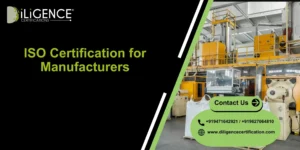
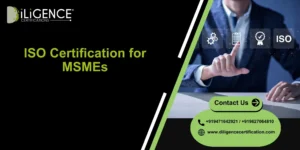
 BIS Certification
BIS Certification
 CDSCO
CDSCO
 CPCB
CPCB
 LMPC
LMPC
 WPC Approval
WPC Approval
 Global Approvals
Global Approvals
 TEC
TEC
 ARAI
ARAI
 BEE
BEE
 ISO Certification
ISO Certification
 DGCA Certification
DGCA Certification
 NOC For Steel
NOC For Steel



















 Business Registration
Business Registration















 Legal Services
Legal Services
 Trademark Registration
Trademark Registration
 Copyright Registration
Copyright Registration
 Patent Registration
Patent Registration
